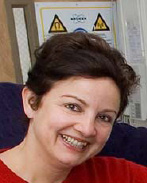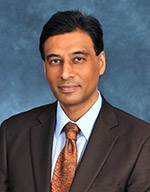Author Interviews, Cancer Research, Melatonin, Sleep Disorders / 03.09.2015
Melatonin Did Not Improve Fatigue in Cancer Patients
MedicalResearch.com Interview with:
Charlotte Lund Rasmussen
Research Unit, Department of Palliative Medicine
Bispebjerg Hospital, Copenhagen, Denmark
Medical Research: What is the background for this study? What are the main findings?
Response: We see that patients with advanced cancer often suffer from fatigue, pain, depression, insomnia and other symptoms, which can have a profound impact on quality of life. Melatonin is a neurohormone and its secretion is closely tied to the circadian rhythm making it a regulator of the sleep-cycle.
Studies have shown that cancer patients have lower levels of melatonin than healthy controls, which may contribute to their fatigue and lowered quality of life. Furthermore, previous studies have found a possible effect of melatonin in cancer therapy, and non-clinical trials have shown melatonin to inhibit cell division in tumors.
To our knowledge, no trials to date have investigated the effects of melatonin on fatigue. Given the role of melatonin in the sleep cycle, the lowered levels of melatonin noted among cancer patients, and results from previous studies, we wanted to investigate melatonin’s effect on fatigue among patients with advanced cancer.
The primary objective of our study was to determine whether oral melatonin administered at night would reduce physical fatigue in patients with advanced cancer who were being treated in a palliative care facility. The effect of melatonin on other cancer-related symptoms including mental fatigue, insomnia, pain, emotional function, loss of appetite, and overall QoL were also investigated.
In this trial we tested a dose of 20 mg of melatonin taken orally at night.
However, melatonin did not improve physical fatigue in patients with advanced cancer. Furthermore, we were unable to identify improvements in any other cancer-related symptoms.
(more…)

























